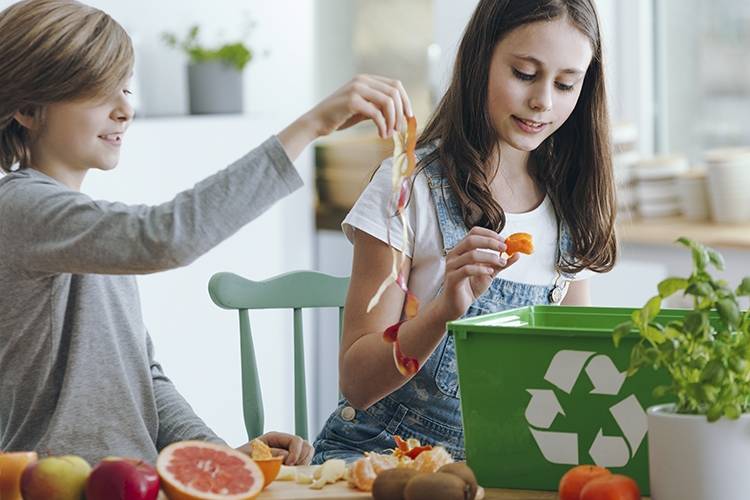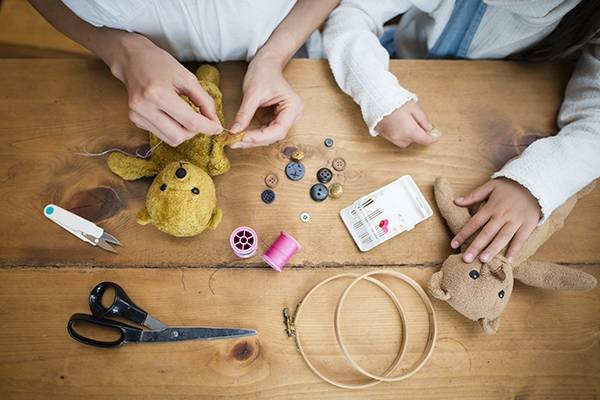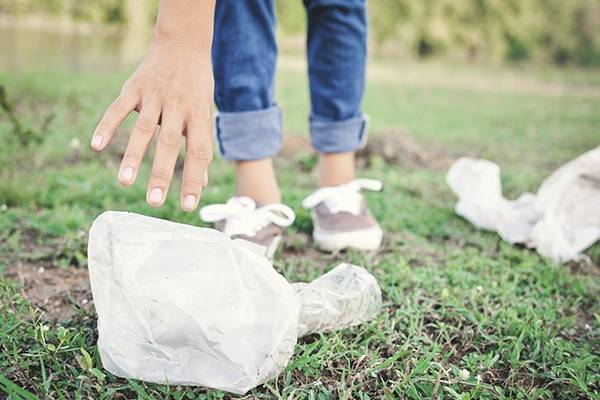What is the environment for children?
What is the environment for children? Discover how to awaken and promote your awareness for the care of our surroundings.
IT’S ECO, IT’S LOGICAL
Share

Taking care of the planet and the environment is everyone's business, even the smallest amongst us. But, how can we teach children to take care of the environment? How can we encourage them to behave ecologically? And from what age?
Bearing in mind that children learn by playing and from their daily experiences and that example is one of the most powerful teaching methods, we already have some keys to start at home. In a fun and simple way we can awaken in our children the interest to take care of nature, natural resources and climate.
Around the age of 3, children begin to show interest and curiosity for things, they want to know everything that surrounds them. This could be a good time to wake up and promote your ecological awareness. Here are some ideas for them to learn how to take care of their environment in the simplest way:

1. Recycle, let's set an example
Children are 'sponges' and they do what they see, so if you recycle at home, you’re already winning. Explain what each bin is used for, insisting on the importance of reducing the waste we generate:
- Teach them the 3 'R' rule: reduce, recycle and reuse. You can invent a song together so you can remember it better. You can also do this with the waste that goes in each bin.
- Buy the bins of the same colour and 'tune them' as a family, painting each one in blue, yellow, green and grey. You can even decorate them in a fun way, with stickers alluding to each kind of waste. That'll make it easier for them to remember.
- You can also make a 'table of tasks', instead of with the days of the week, with the bins to recycle, and each time I tell you well in which bucket to throw each thing, you put a star sticker and you agree on a prize, the one you know they like most. They’re sure to love it!
Teach your child that recycling is fun, like decorating bins as a family, painting them different colours and 'tuning' them with stickers and inventing songs to remember where each object goes, including prizes!
2. Saving energy
Another way to take care of the environment is to save resources, such as water or light. Get her in the habit of turning off the tap when washing her teeth or shower while she’s lathering. Also, turn off the lights when you leave the rooms. It’s important that you explain that natural resources are limited and must be cared for.
3. Respect nature
If your child is already talking, he may have already asked you where animals live. A good idea is to go to the country with your children to spend the day with a picnic and let them relate to nature with all their senses, smelling a flower without plucking it, listening to the birds in silence, touching the trees, seeing the leaves on the ground and playing with them to make crafts, not throwing garbage on the ground or stepping on the flowers ... We must explain that nature is the home of animals and that it’s important to observe them without disturbing them.

4. Reduce pollution
A good way to contribute is to use the car less, explaining to the child the meaning of walking to places, such as school, or cycling and opting for public transport, rather than the private car. If this is not possible, try to share the car with other classmates and explain that this way we pollute less because the car runs on petrol or diesel, derived from oil, which emits polluting gases. In this way, we will be reducing the family's carbon footprint. In addition, we can explain that oil is extracted from the bottom of the earth and is very scarce.
5. Use recycled material and ecological products
Both in their notebooks or folders, and for their toys. Also play with reused objects, such as toilet paper rolls, soda cans such as pens, drink plates for racing... You're sure to have a lot of fun in the process. We must explain to them that paper is obtained from trees and if we reduce their consumption or replace it with ecological paper, we will be taking care of nature so that it can rest, recover and 'feel good'.
In general, we should instil in children greener shopping habits, such as taking bags or shopping carts with us. I'm sure, in the case of the cart, that they’ll love to pull it.






